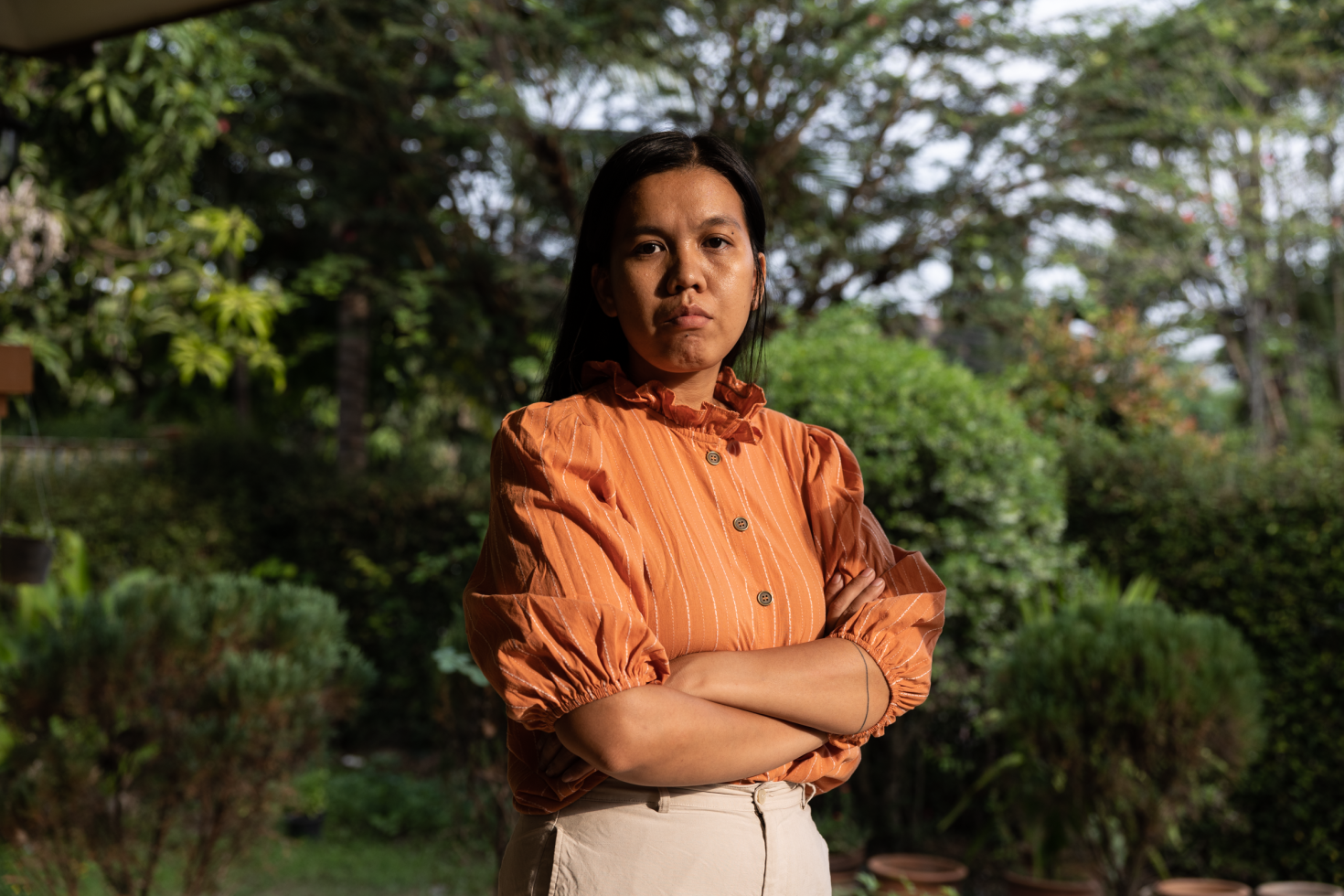Naw Betty Han - Myanmar Collapse

"When I say I am a journalist, many people ask me why. Most people in Myanmar think the profession of journalism is more suitable for men than women. When someone is assigned to travel to armed ethnic areas and other dangerous battlefields to gather information, they are almost always men. Women are told that the risk is too great. I strongly believe that we should not turn away from the fact that women are treated this way. Women journalists should be treated the same as men journalists."
Listen to Naw Betty Han's story:
When I say I am a journalist, many people ask me why. Most people in Myanmar think the profession of journalism is more suitable for men than women. When someone is assigned to travel to armed ethnic areas and other dangerous battlefields to gather information, they are almost always men. Women are told that the risk is too great. I strongly believe that we should not turn away from the fact that women are treated this way. Women journalists should be treated the same as men journalists.
In 2020, I was arrested by the Karen Border Guard Force while covering the news at the Thailand-Myanmar border. After my arrest, I was handcuffed and beaten for about 48 hours. I was held in a cramped cell without food or water. Fortunately, I had gathered enough information to still write the article. In 2021, my article ''COVID-19 closes a multi-billion dollar case'' won the award for excellence in business reporting at The Society of Publishers in Asia.
In November 2021, I was compelled to leave Myanmar for Thailand. The news spread my name on social media on a list of people to be arrested. Before that incident, I had no intention of leaving Myanmar: I was ready to report, regardless of the situation. Now I was forced to leave, but I continued my work as a journalist. These situations have not made things any easier. Thankfully, the media I work for - Frontier Magazine - handles our security consciously. They also provide counselling sessions and are always willing to help with psychological problems. I am happy that I was supported in this, but I am even more grateful that I still have my job. Many journalists lost their jobs because of the military coup. I wish to see more attention and help for those people.
Since the military coup, reporting by journalists has become even more important to reflect the situation on the ground. After the military coup I became more aware of the importance of my work. Because of us journalists, the violent killings and arbitrary arrests of the military can be shown to the world. This provided the motivation to keep doing my job. I would therefore like to say to all women journalists to keep doing their jobs: we deserve the recognition in our professionalism. It shows what we, women journalists, are capable of.
